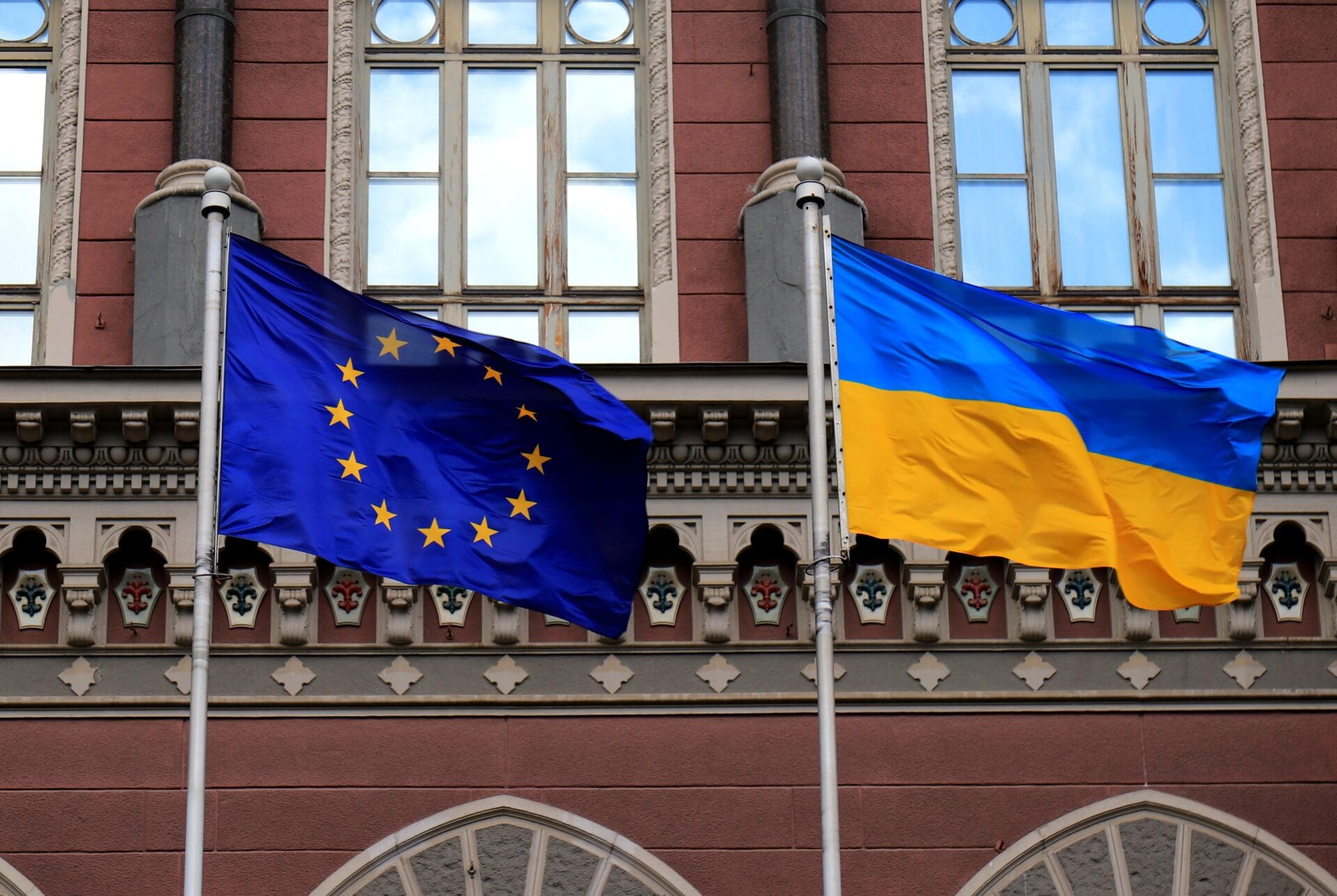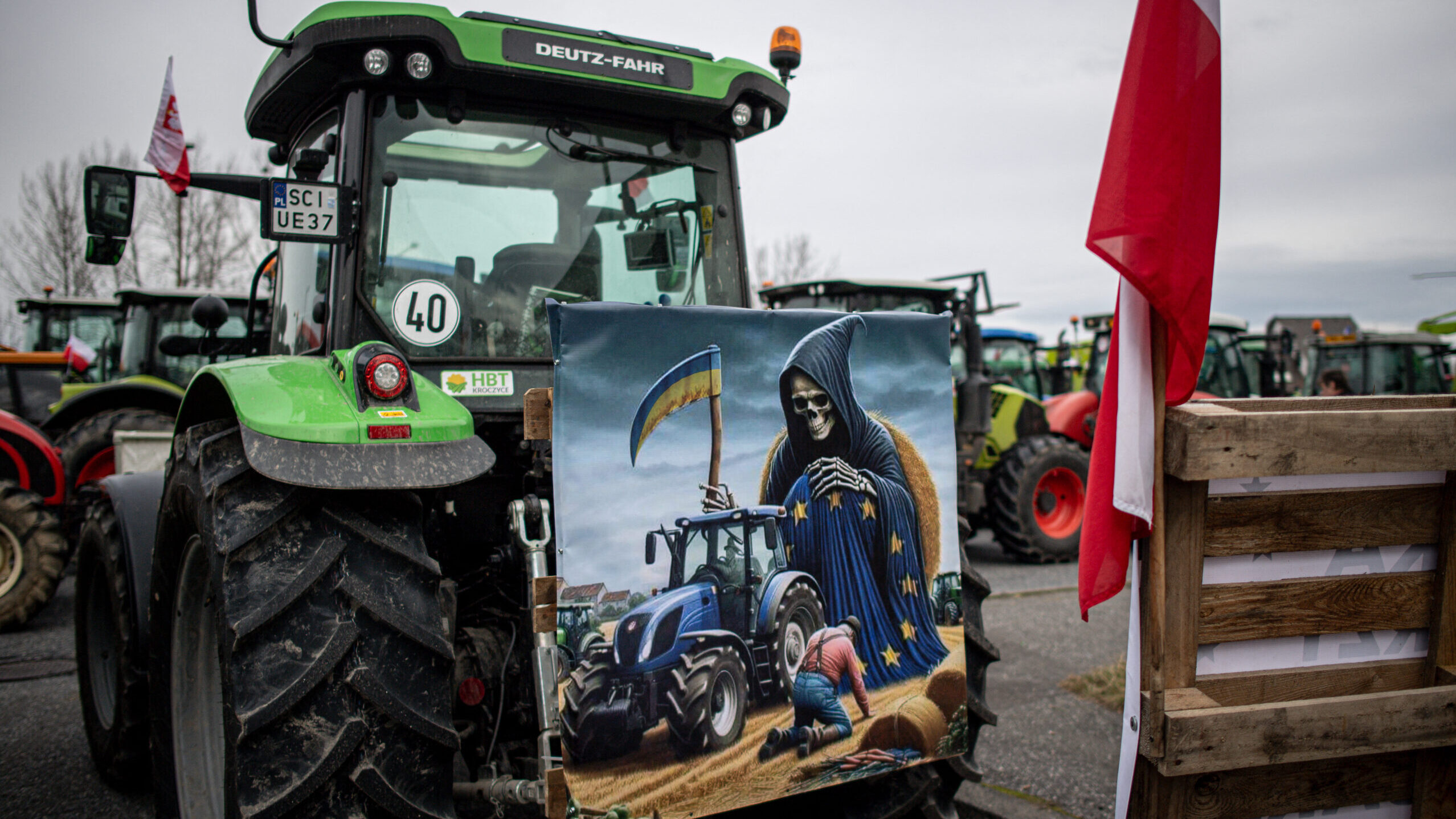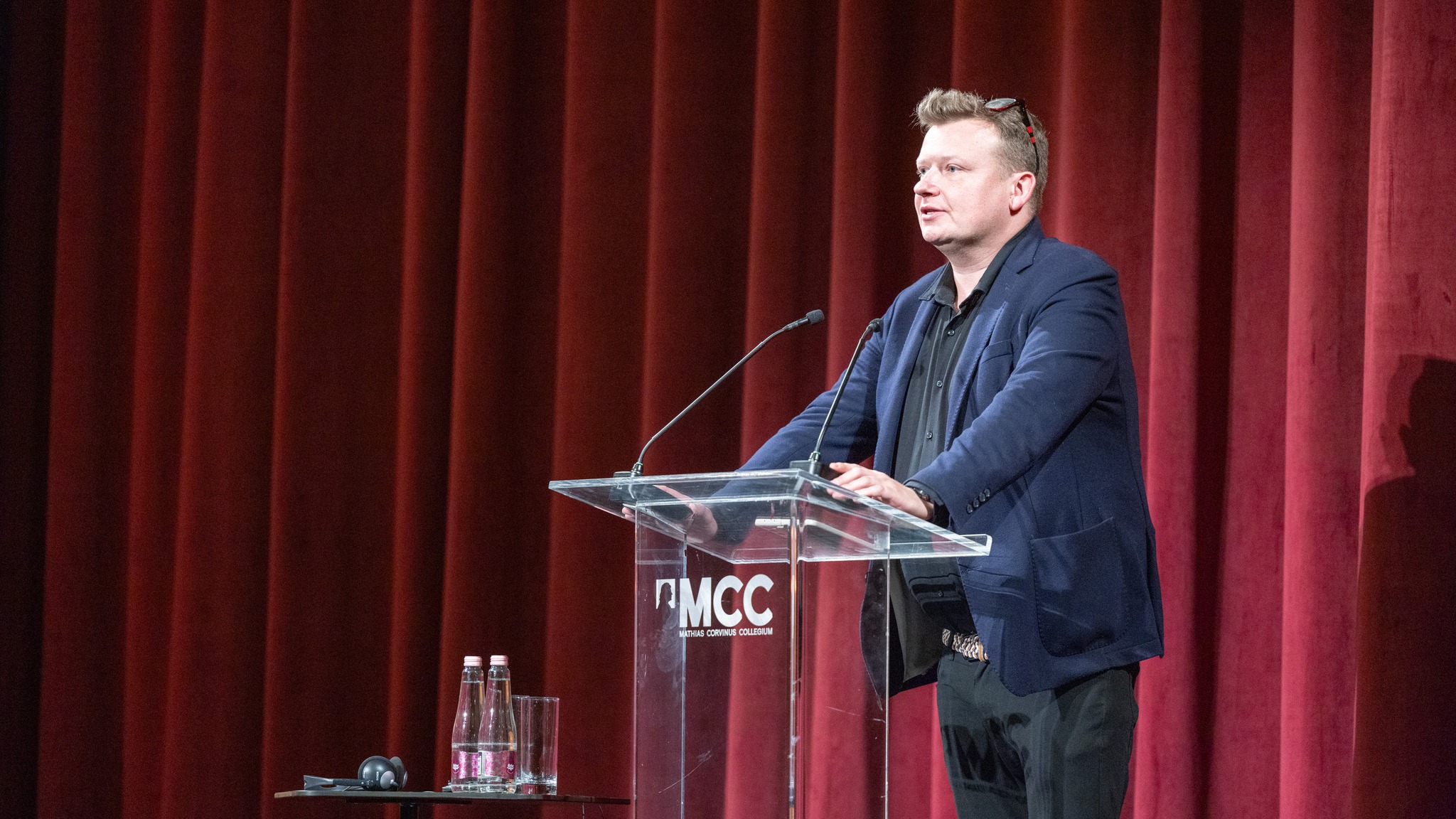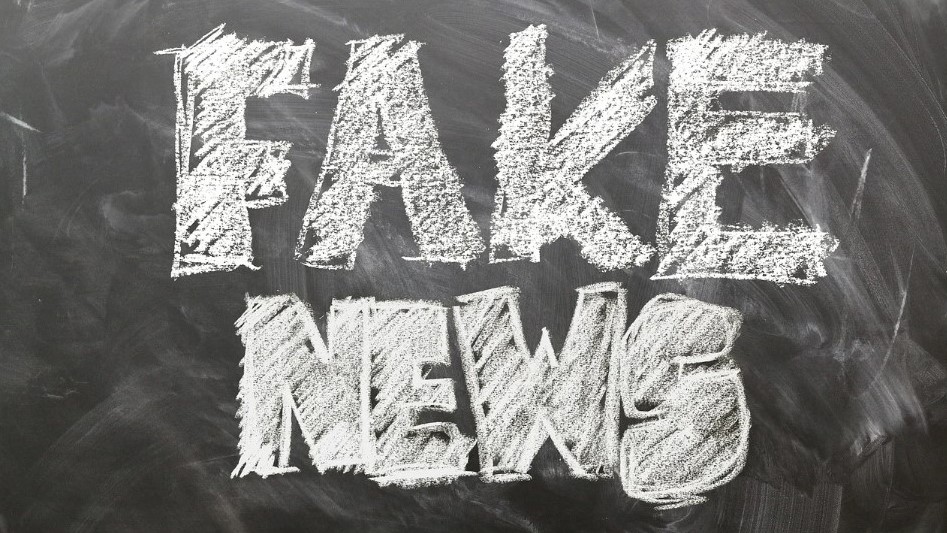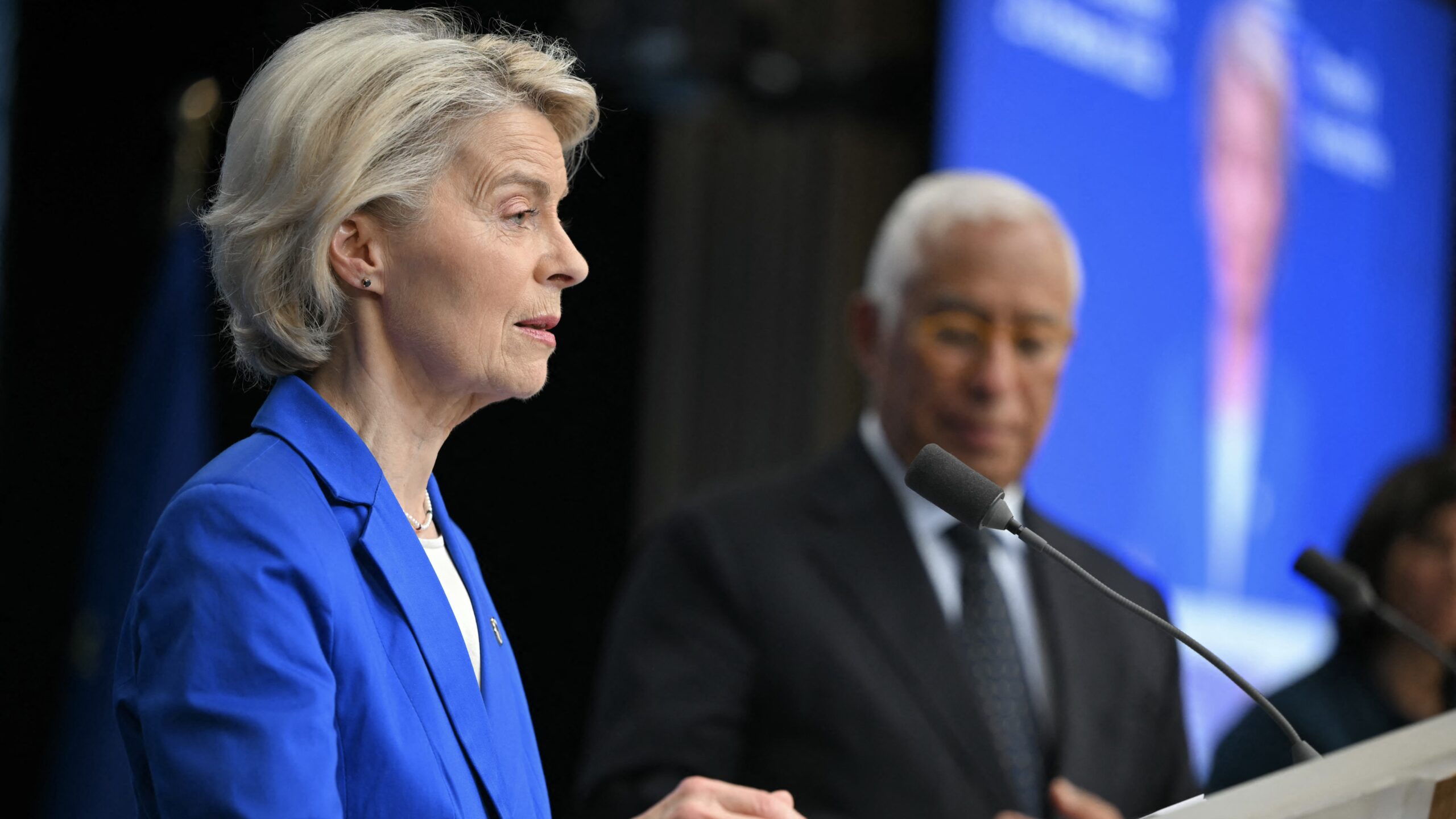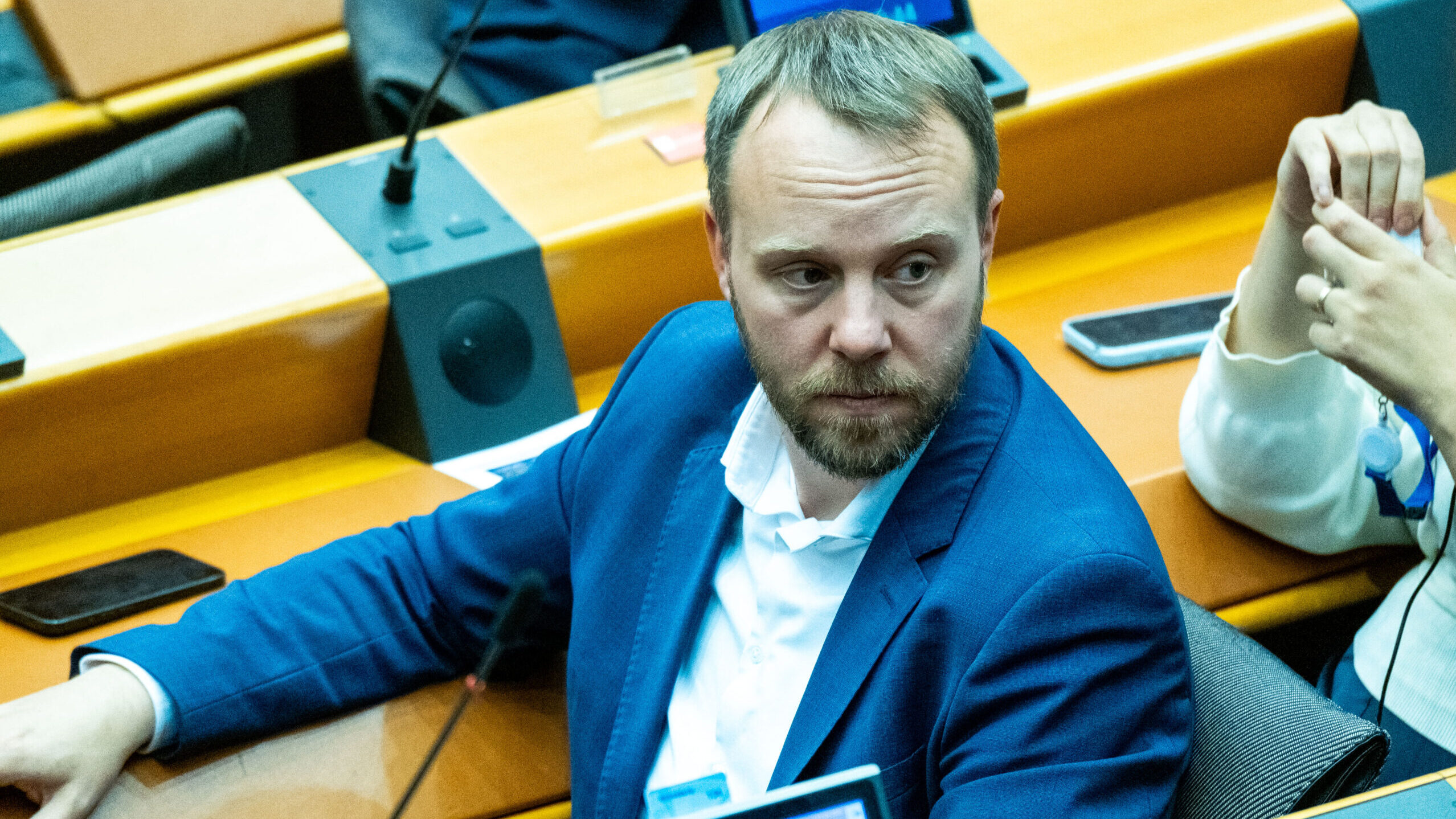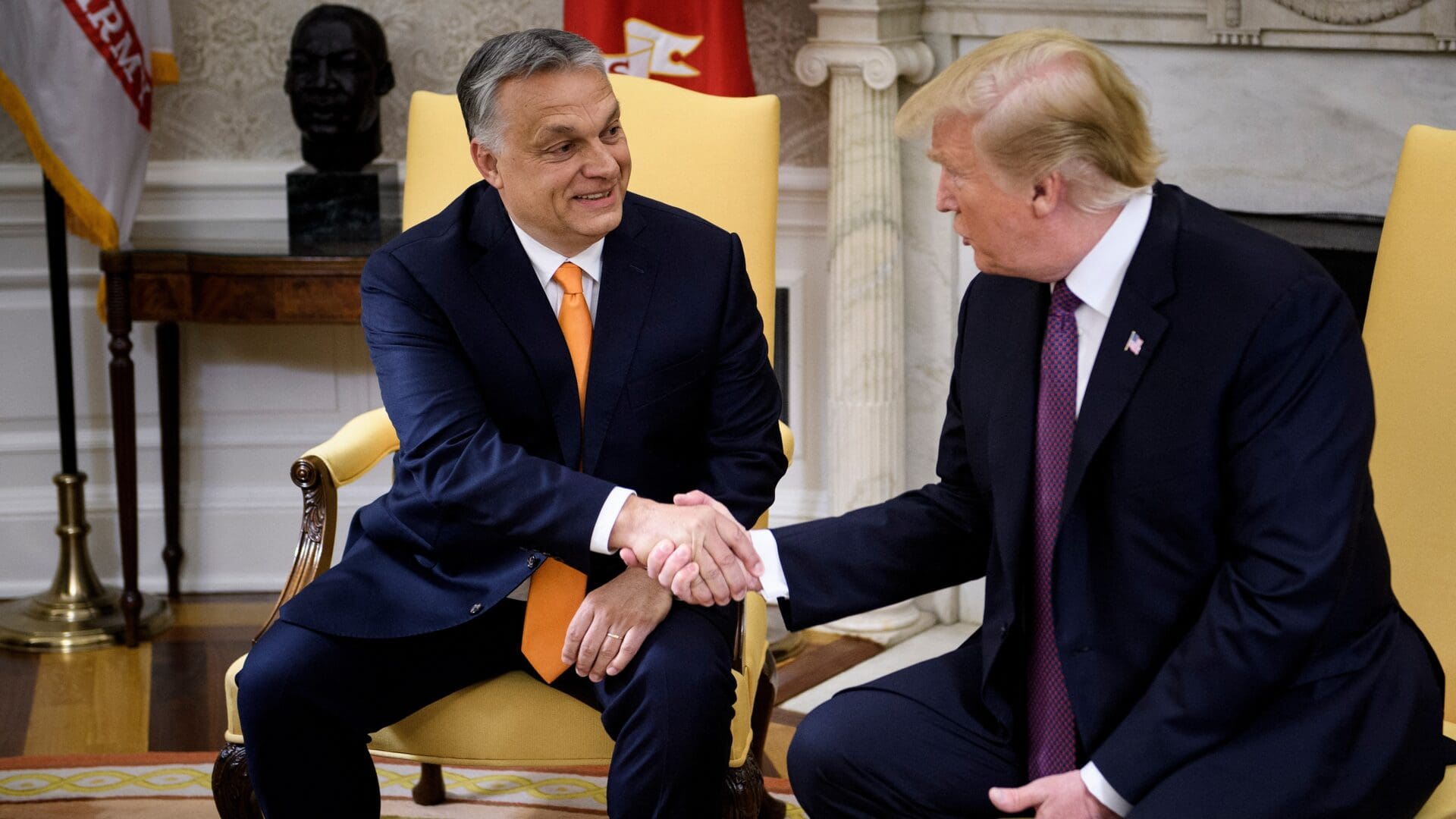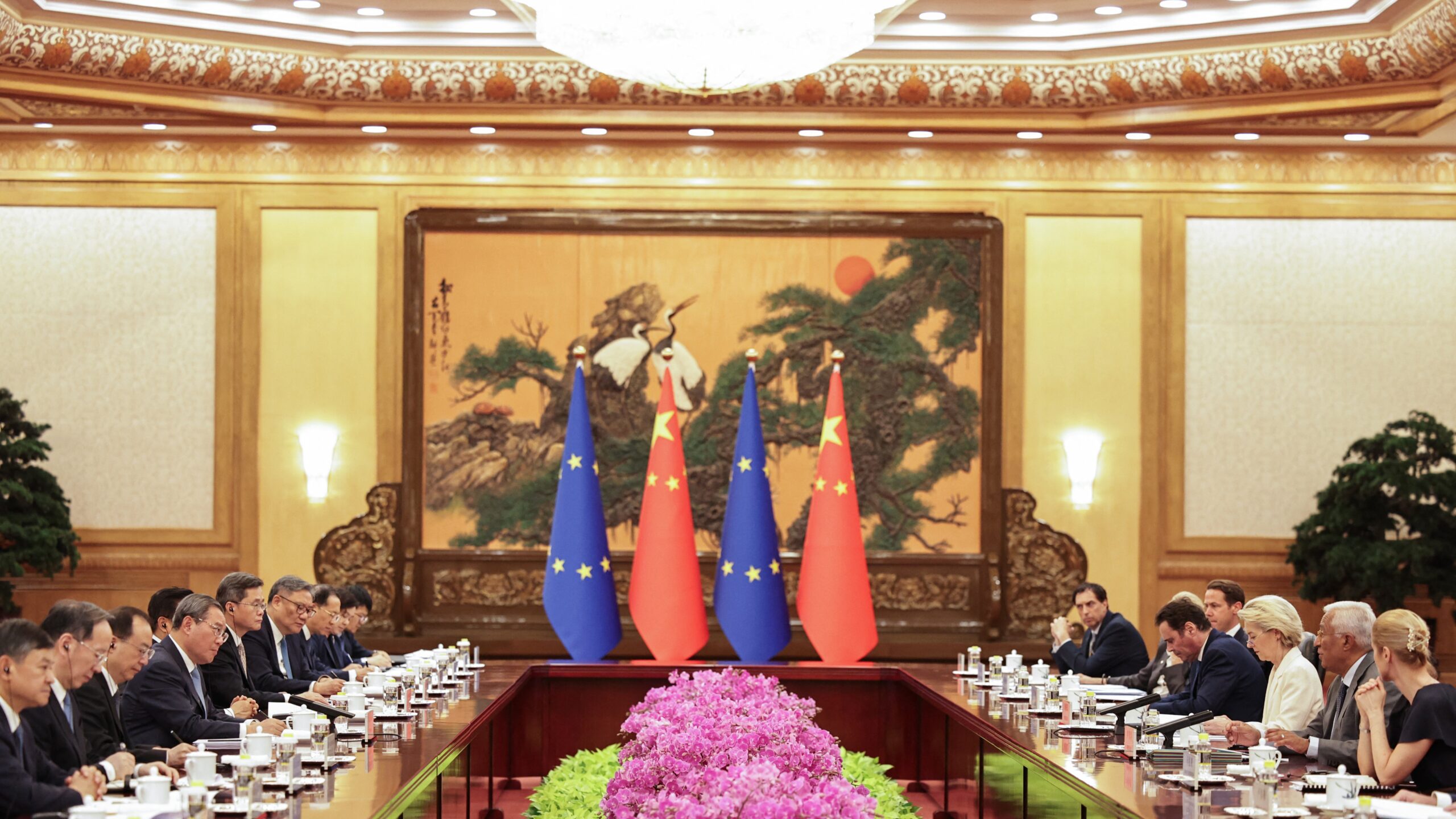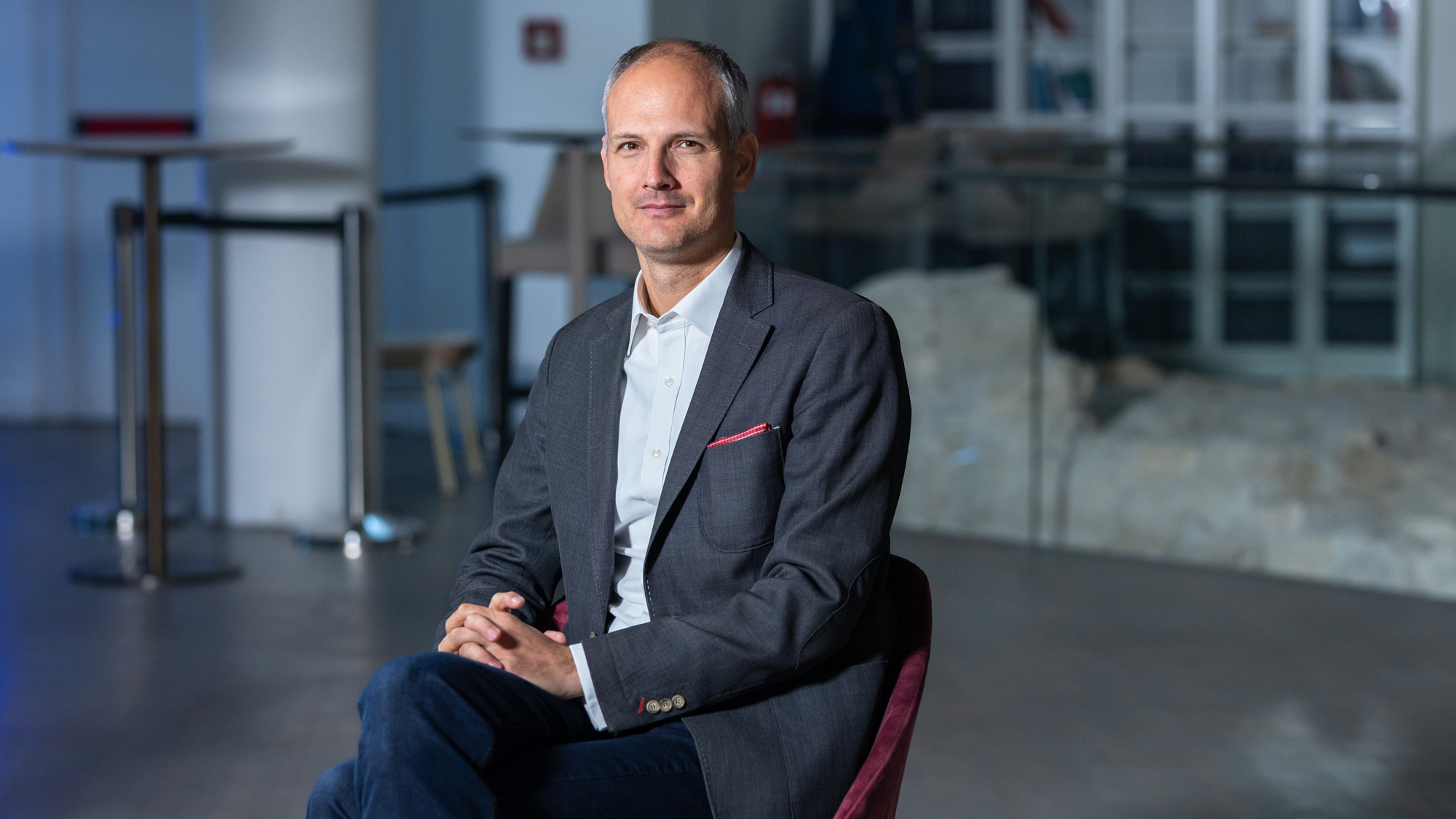
Now We Have President Trump on Our Side — An Interview with Márton Ugrósdy
What will be the main topics of Viktor Orbán’s 7 November White House meeting with Donald Trump? Can he secure an opt-out on energy, and how will Hungary’s connectivity strategy hold up if global powers clash? We spoke with the Deputy State Secretary at the Prime Minister’s Office about the potential new deals between Trump and Orbán.

